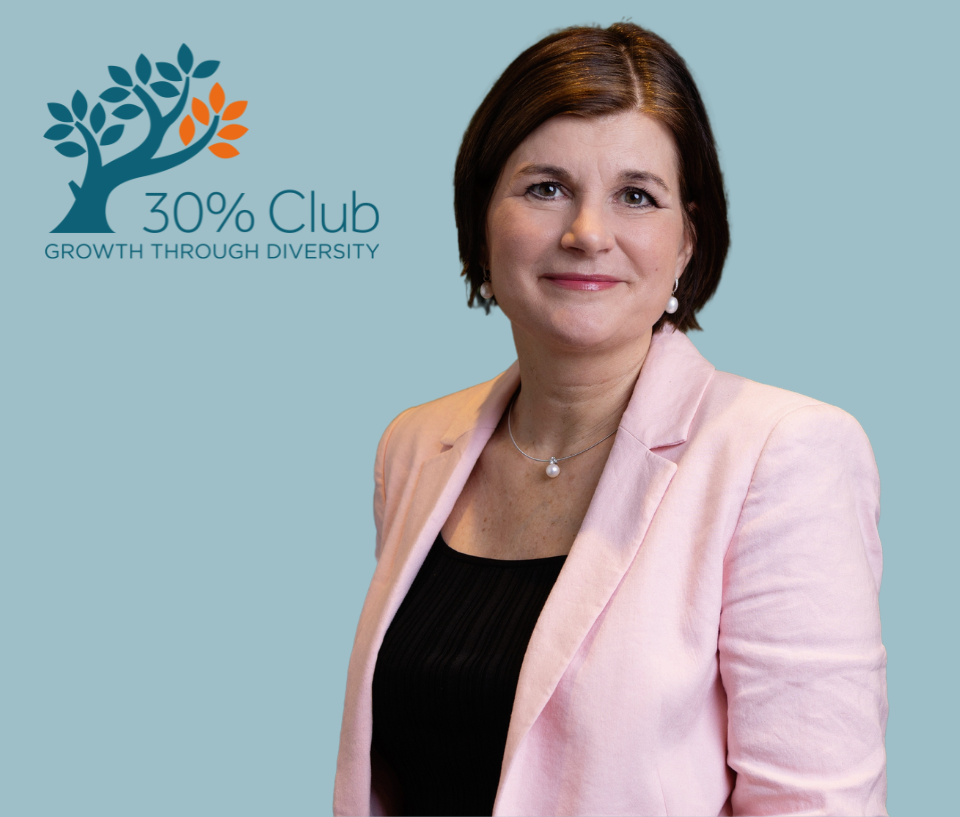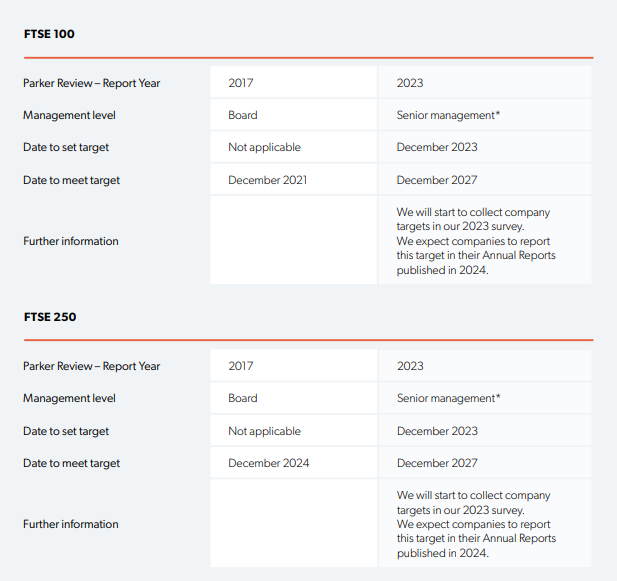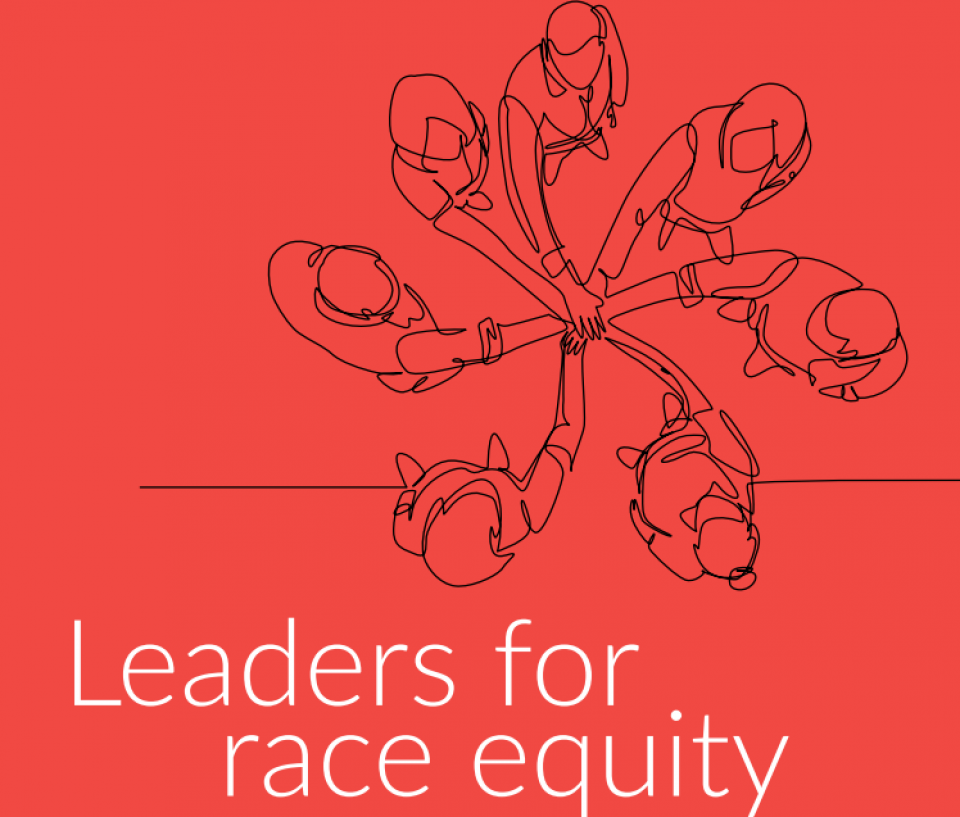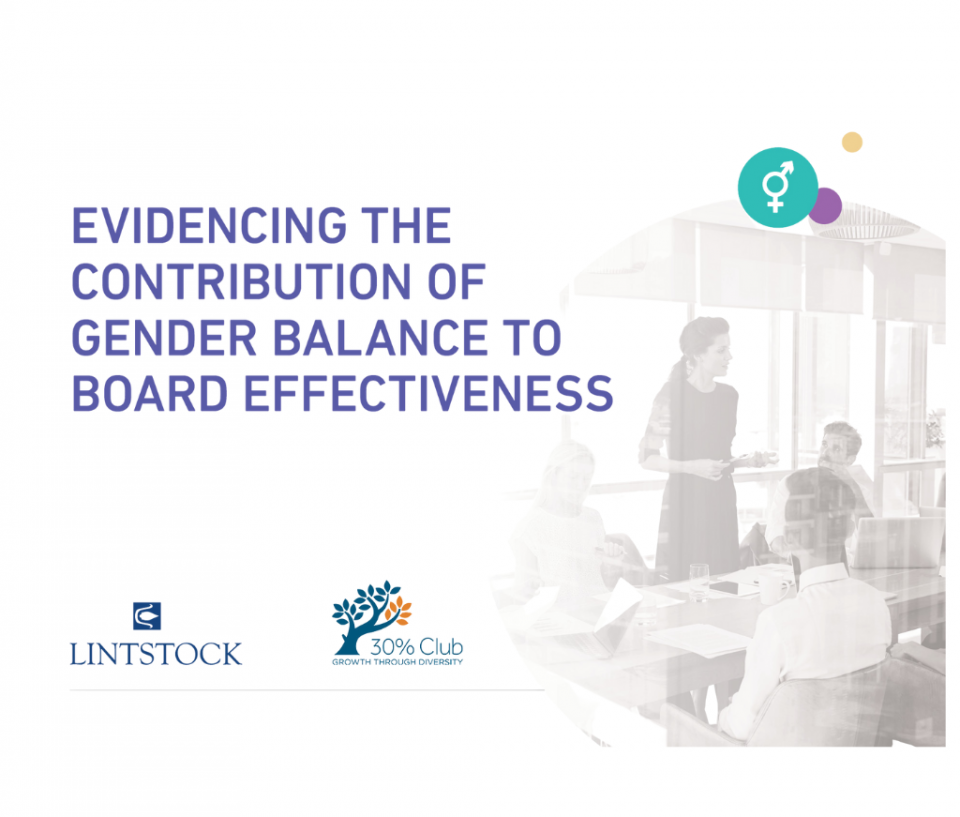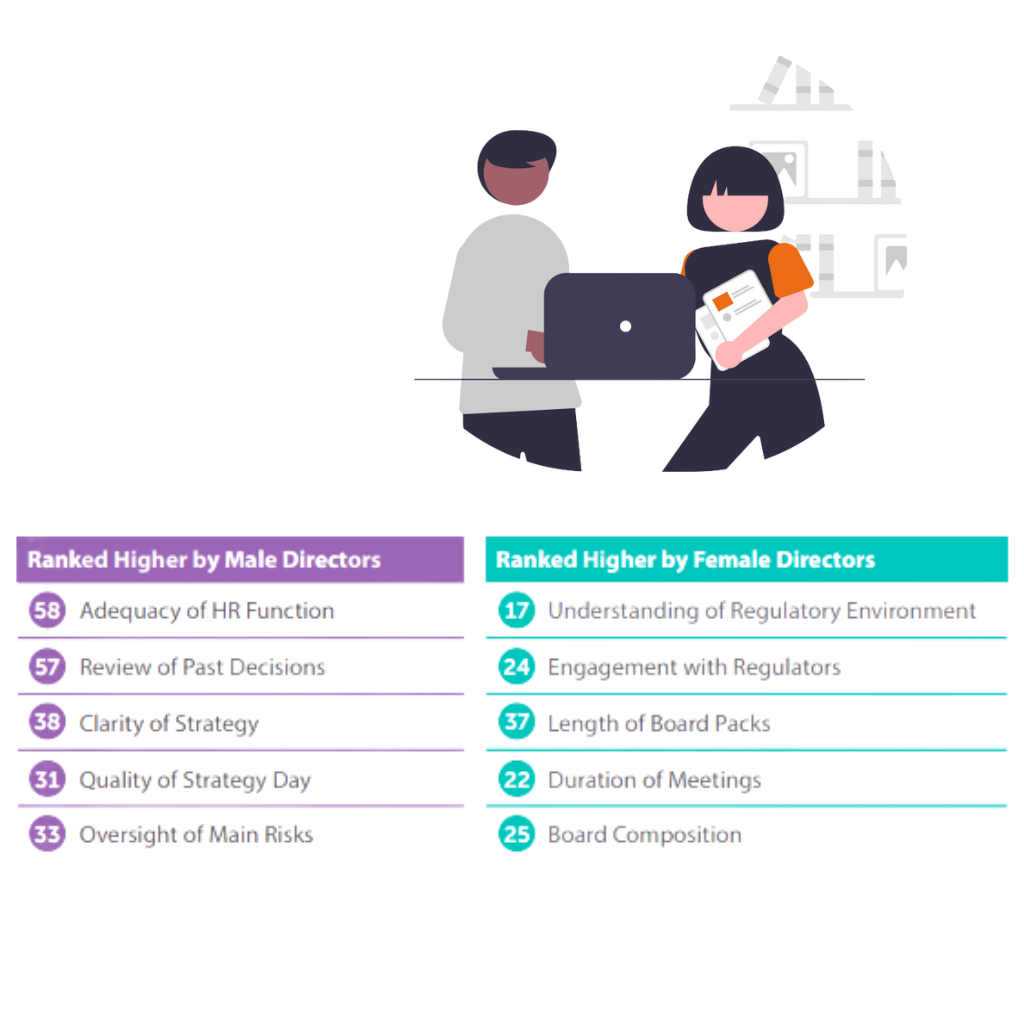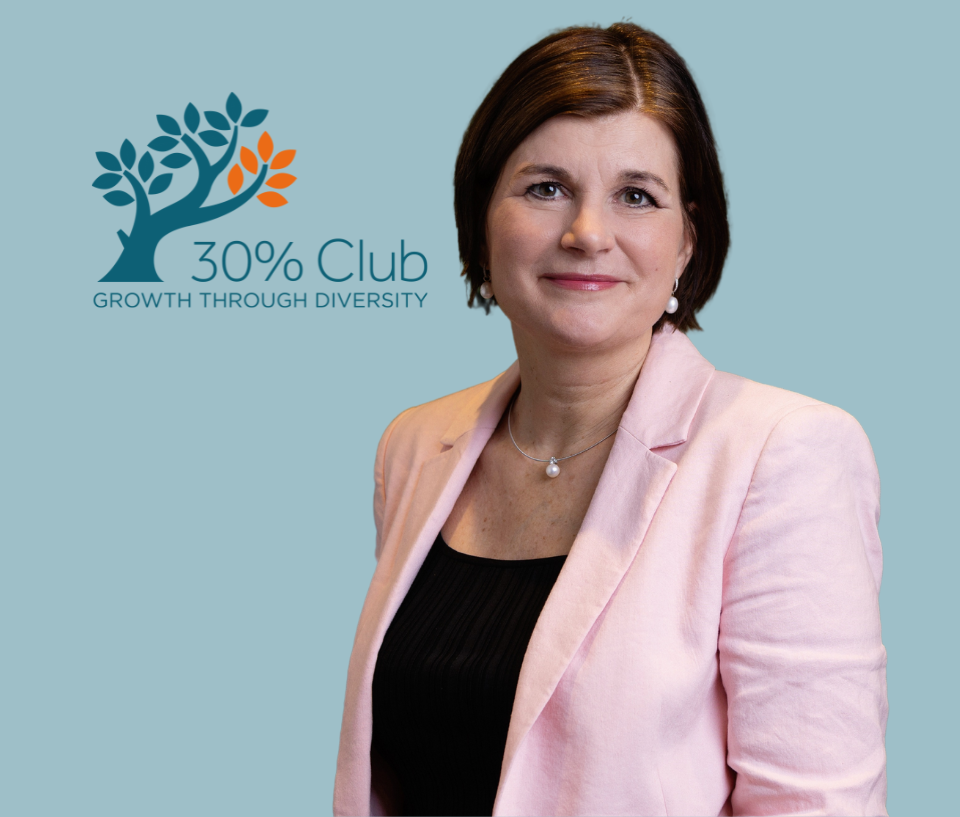
It will take over 50 years to close the gender pay gap across the OECD! That’s the finding of PwC‘s latest Women in Work report.
The average gender pay gap across the OECD stood at 13.5% in 2022, having widened from 13.2% in 2021.
Luxembourg tops the index with a gap of -0.2%.
Australia demonstrated the best annual improvement, closing its gap by four percentage points to 9.9% and moving up to 10th place in the index.
The UK reported the largest slide of any OECD country, dropping from 13th place in on the index in 2021 to 17th in 2022 with a gap of 114.5%.
Read the full report here.
Where we are
The 30% Club has come a long way from when it was set up in the UK in 2010.We now span six continents and more than 20 countries. We’re actively expanding into more G20 countries










